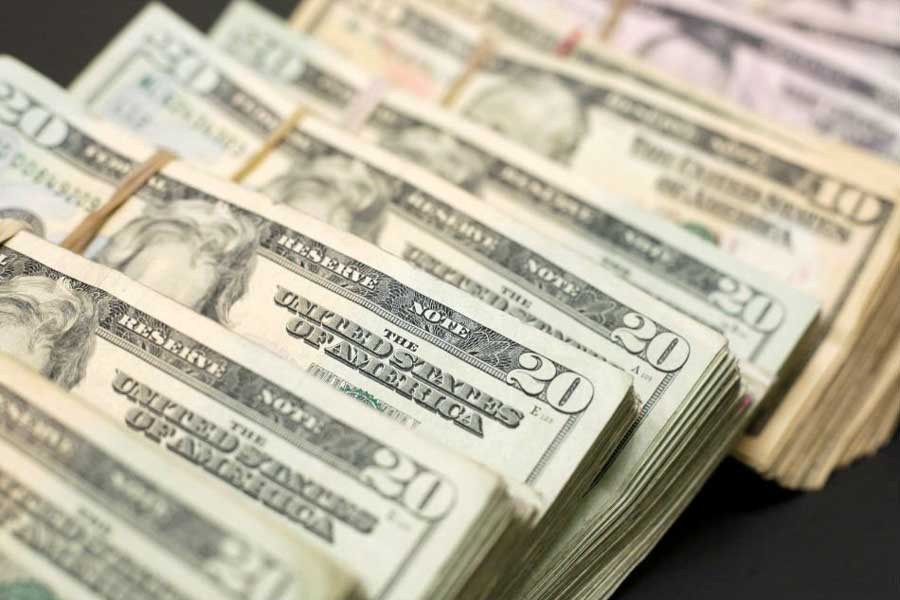The euro sank to its lowest levels in over a year on Friday after a report that the European Central Bank is growing concerned about exposure of banks to Turkey.
The ECB has concerns about banks in Spain, Italy and France and their exposure to Turkey’s woes, the Financial Times reported on Friday, citing two sources.
Traders said that had pulled the euro down against the dollar and other currencies including the Swiss franc.
“We now have the first signs of the EUR/USD rate plunging through key support on fears over the impact of the turmoil in Turkey on the European banking sector,” said analysts at MUFG.
The euro fell 0.6 per cent to $1.1432, its weakest since July 2017.
Against the yen, the euro slid one per cent to 126.79 yen, a two-month low.
The euro is down almost 1 per cent for the week, partly because of investor concerns that Italy is heading for a costly and unsustainable spending spree.
A sharp rise in the dollar added to the single currency’s woes as investors rushed to safe-haven assets worried by global trade and political tensions.
The dollar jumped to a 13-month high against a basket of currencies and the Japanese yen also appeared to benefit from an uptick in geopolitical tensions, including the U.S.-China trade war and Brexit.
Trade tensions are seen as beneficial for the dollar as the economy is better placed to handle protectionism than emerging markets, and tariffs may narrow the U.S. trade deficit.
“Risk aversion is taking control again, putting pressure on emerging market currencies while letting the safe haven dollar and the Swiss franc appreciate,” said Antje Praefcke, a currency strategist at Commerzbank in Frankfurt.
Global foreign exchange markets this summer have been dominated by political angst, from U.S. sanctions on Russia and Turkey, to rising tensions in the Middle East and in Europe.
The rouble retreated overnight to its lowest since November 2016, weakening beyond the psychologically important 65-per-dollar threshold.
Russia said on Friday it would consider it an economic war if the United States imposed a ban on banks or a particular currency.
Pound frail
With the dollar seen to be absorbing safe-haven flows, the yen’s gains against the greenback were fairly limited, but it rallied sharply against the euro, pound and Australian dollar.
The Turkish lira hit an all-time low of 6.49 on Friday after a meeting between a Turkish delegation and US officials on Thursday yielded no solution to a diplomatic rift over the detention in Turkey of a US pastor.
“Even in the unlikely event that Turkey resolves its diplomatic row with the United States, downside concerns towards the lira won’t ease,” said Takahiko Sasaki, market economist at Mizuho Bank.
The British pound continued to slide.
It has fallen 1.55 per cent this week as investors increase bets on a “hard” Brexit. Analysts said they saw little chance of UK growth figures due on Friday reversing that trend.
The dollar index .DXY, which measures the greenback’s strength against six major currencies, climbed more than 0.6 per cent to 96.103, its highest since July 2017, Reuters reported.
Traders are predicting the Fed will hike rates in September and December.
US consumer price inflation data for July due on Friday is expected to show inflation increased 0.2 per cent, after rising 0.1 per cent in June.


